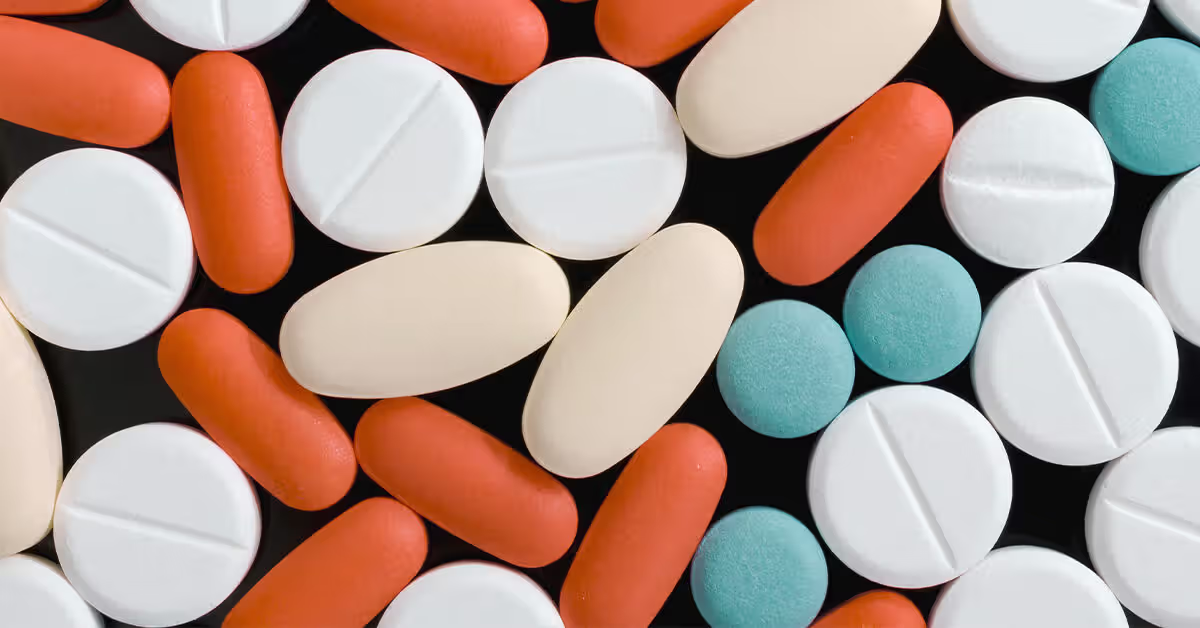New Oral Treatment Promises Major Advances in Heart Health
A new experimental oral cholesterol-lowering pill designed to lower cholesterol could change how millions manage their heart health. The investigational medication, called enlicitide, has shown remarkable results in a late-stage clinical trial. Adults who combined enlicitide with their regular statin treatment saw up to a 60% reduction in LDL, or “bad” cholesterol, within just 24 weeks. Researchers emphasize that these results could reshape the future of cardiovascular prevention, especially for patients who have not reached their target levels despite following medical advice and lifestyle changes. High cholesterol remains one of the leading risk factors for heart disease, which kills one person every 34 seconds in the United States, according to the Centers for Disease Control and Prevention (CDC). The new findings are significant because they point toward a non-invasive, oral alternative to injectable PCSK9 inhibitors already on the market.
The study enrolled more than 2,900 adults across 14 countries, all of whom had persistently high LDL cholesterol despite being on statins or other lipid-lowering medications. Participants who received enlicitide daily not only saw LDL reductions but also substantial drops in other harmful cholesterol forms, including a 50% decrease in ApoB and a 28% reduction in lipoprotein(a) — both critical markers linked to cardiovascular risk. What makes this finding more encouraging is that side effects were balanced between the enlicitide and placebo groups, suggesting that the pill could be both effective and safe for long-term use.
Why Statins Alone Aren’t Enough for Millions
Statins have been the cornerstone of cholesterol management for decades, helping reduce cardiovascular events such as heart attacks and strokes. However, around 70% of patients taking lipid-lowering therapies fail to reach optimal cholesterol levels, as stated by cardiology researchers. This is partly due to biological variability and genetic resistance to certain drugs. Enlicitide, classified as a PCSK9 inhibitor, works through a different mechanism than statins — by enhancing the liver’s ability to clear LDL cholesterol from the bloodstream.
This difference is crucial for patients who either cannot tolerate high doses of statins or do not see sufficient benefits from them. While injectable PCSK9 inhibitors like Repatha (evolocumab) have already proven effective, their high cost and administration method have limited accessibility. Enlicitide’s oral formulation represents a practical step forward. As noted by cardiology experts, offering a once-daily pill could dramatically improve treatment adherence and accessibility, especially in low-income populations where cardiovascular diseases continue to be the top cause of premature death.
Adding enlicitide to a statin regimen may also simplify treatment plans for patients managing multiple medications, reducing the need for biweekly injections. This makes it potentially easier to integrate into public health systems and insurance programs once approved by the U.S. Food and Drug Administration (FDA).
A Potential Turning Point in Cholesterol Management
The enlicitide trial results arrive at a pivotal moment, as health systems worldwide confront rising rates of heart disease and obesity-related conditions. With heart-related deaths costing the U.S. nearly $239 billion annually, according to the American Heart Association, new innovations in lipid-lowering therapy are urgently needed.
Experts note that enlicitide’s Phase 3 data show sustained LDL reductions over a 52-week period without an increase in severe side effects. About 10% of those on enlicitide experienced adverse events, compared to 12% in the placebo group — a statistically balanced outcome that supports the drug’s safety profile. Beyond cholesterol reduction, the pill’s mechanism may also influence arterial plaque formation, potentially reducing the long-term risk of heart attack and stroke.
The pharmaceutical company behind enlicitide plans to file for FDA approval next year, marking the beginning of what could be the first oral PCSK9 inhibitor to reach the global market. If approved, it may not only challenge injectable drugs like Repatha but also offer a more cost-effective and convenient option for millions worldwide struggling to manage cholesterol.
As the battle against cardiovascular disease intensifies, the development of enlicitide reinforces an encouraging message — that the future of heart health may soon rest in a single daily pill. The combination of scientific innovation, accessibility, and patient compliance could finally deliver what decades of research have sought: a sustainable solution to lower cholesterol and extend lives.





